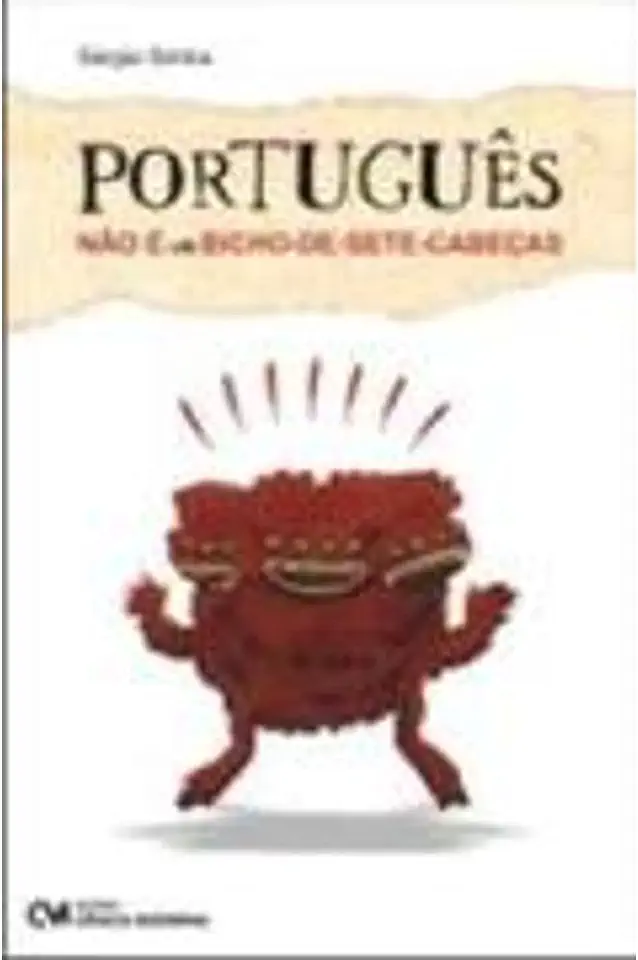
Teaching of Portuguese Language and Domination - Sérgio Simka
Teaching of Portuguese Language and Domination: A Critical Analysis
Introduction
In his book, "Teaching of Portuguese Language and Domination," Sérgio Simka presents a critical analysis of the teaching of Portuguese language in Brazil. Simka argues that the current methods of teaching Portuguese are based on a colonial model that serves to maintain the power of the dominant social classes. He proposes an alternative approach to teaching Portuguese that is based on the principles of critical pedagogy and social justice.
The Colonial Model of Portuguese Language Teaching
The colonial model of Portuguese language teaching is based on the idea that there is a single, correct way to speak Portuguese. This standard variety of Portuguese is often associated with the upper classes and is seen as the only legitimate form of the language. As a result, students who speak other varieties of Portuguese are often stigmatized and made to feel inferior.
The colonial model of Portuguese language teaching also ignores the social and cultural context of language use. It fails to take into account the fact that language is a tool that is used to communicate meaning and that the meaning of a word or phrase can vary depending on the context in which it is used. This can lead to misunderstandings and communication breakdowns between people who speak different varieties of Portuguese.
The Alternative Approach to Portuguese Language Teaching
Simka proposes an alternative approach to Portuguese language teaching that is based on the principles of critical pedagogy and social justice. Critical pedagogy is a teaching philosophy that emphasizes the importance of critical thinking and social awareness. It encourages students to question the world around them and to challenge the status quo. Social justice is the idea that all people should have equal access to resources and opportunities, regardless of their race, class, gender, or other social identities.
Simka's alternative approach to Portuguese language teaching incorporates these principles by emphasizing the following:
- The importance of diversity: Simka argues that it is important to recognize and value the diversity of Portuguese language varieties. He encourages teachers to use a variety of texts and materials that reflect the different ways that Portuguese is spoken in Brazil.
- The social and cultural context of language use: Simka emphasizes the importance of understanding the social and cultural context of language use. He encourages teachers to help students understand how language is used to communicate meaning and how the meaning of a word or phrase can vary depending on the context in which it is used.
- Critical thinking and social awareness: Simka encourages teachers to help students develop critical thinking skills and social awareness. He encourages students to question the world around them and to challenge the status quo.
Conclusion
Simka's book, "Teaching of Portuguese Language and Domination," is a valuable resource for anyone interested in teaching Portuguese language. It provides a critical analysis of the current methods of teaching Portuguese and proposes an alternative approach that is based on the principles of critical pedagogy and social justice. Simka's book is a must-read for anyone who wants to teach Portuguese in a way that is both effective and socially just.
Call to Action
If you are interested in learning more about Simka's alternative approach to Portuguese language teaching, I encourage you to read his book, "Teaching of Portuguese Language and Domination." You can also find more information about his work on his website.